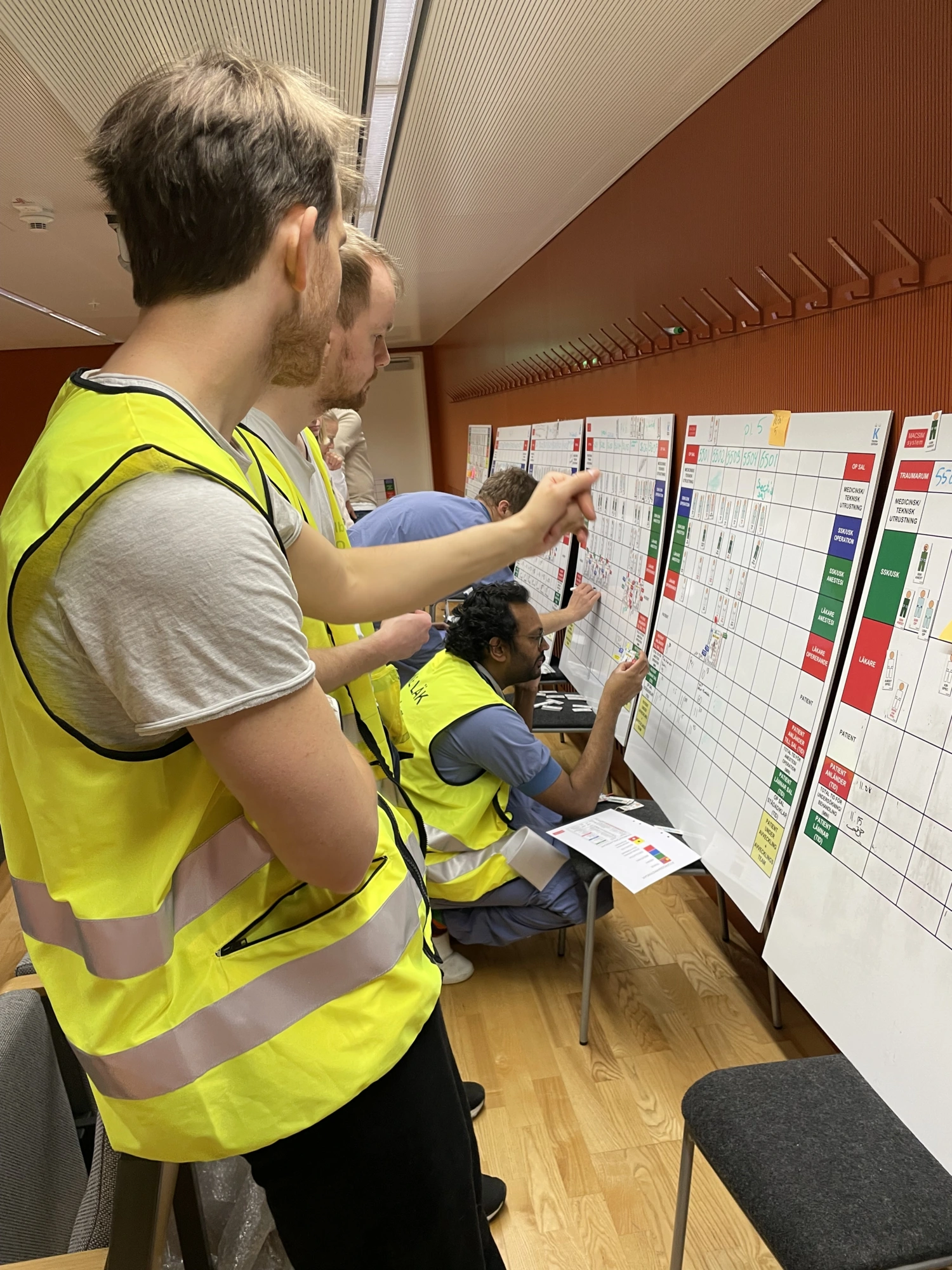An innovative new assessment process shows the iconic Shark Bay World Heritage property in Western Australia is highly vulnerable to the impacts of climate change.
Associate Professor Scott Heron and Jon Day from James Cook University (JCU) developed the Climate Vulnerability Index (CVI) process to identify the environmental and socioeconomic vulnerability of World Heritage properties.
The CVI assessment indicated that the 23,000-square-kilometre Shark Bay property, on the westernmost point of the Australian continent, is at great risk.
“Shark Bay has High Vulnerability to potential impacts of three key climate stressors – Air Temperature Change, Storm Intensity and Frequency, and Extreme Marine Heat Events – by 2050, with a low capacity for the system to adapt to climate change,” Dr Heron said.
The assessment also considered the economic dependence of key business types on the area, the local population’s connection with the area, and the capacity of the community to adapt to climate change.
Chair of the Shark Bay World Heritage Advisory Committee Phil Scott said around 100,000 tourists visit the area each year to see dolphins, turtles, dugongs and the world’s most extensive population of stromatolites that date back billions of years.
“Commercial and recreational fishing are also extremely important for the local and state economy, so this assessment helps us to better understand just how vulnerable Shark Bay is,” said Mr Scott.
The final report was produced by the Shark Bay World Heritage Advisory Committee and the Western Australian Marine Science Institution (WAMSI) in collaboration with JCU.
WAMSI Research Director Dr Jenny Shaw said, “The CVI process showed the effects of climate change will have a high degree of impact on the Shark Bay community both socially and economically.”
Shark Bay is one of Australia’s 20 properties on the World Heritage List, along with natural and cultural icons such as Kakadu, the Great Barrier Reef and the Sydney Opera House.
Shark Bay, or Gatharragudu (two-waters), is one of only four marine properties in the world that meets all four natural criteria for World Heritage listing.
Local experts, and representatives from the community, management agencies and academic institutions contributed to two workshops in Western Australia through the CVI process (in Denham, September 2018 and Perth, June 2019).
The CVI has also been applied in international World Heritage properties including a cultural site in the Orkney Islands, Scotland; and the Wadden Sea, a tri-national natural property (Germany, Netherlands and Denmark).
The Shark Bay CVI report is available at: https://www.wamsi.org.au/cvi-shark-bay





